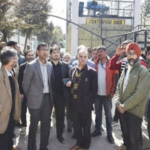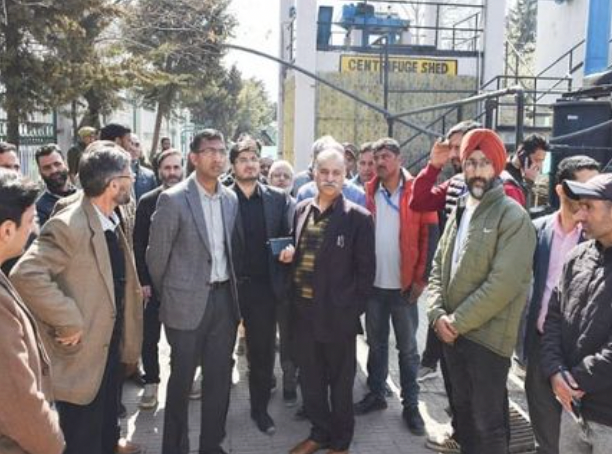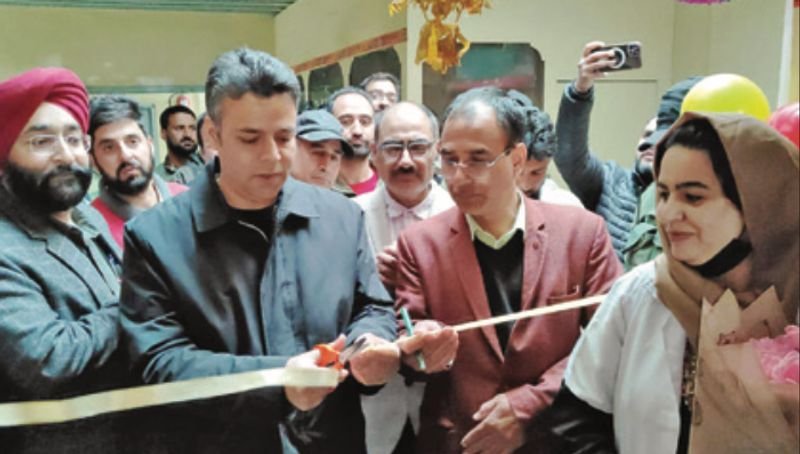The Union Territory (UT) government of Jammu and Kashmir has made remarkable strides in effectively leveraging Centrally Sponsored Schemes (CSS) to drive development across the region. Recognizing the transformative potential of these schemes, the UT administration has intensified its efforts to harness central funds by accelerating the execution of various projects. This approach has not only ensured optimal utilization of the resources available but has also catalyzed significant improvements in infrastructure, social welfare, and economic growth. One of the key strategies employed by the Jammu and Kashmir government is the prioritization of fast-tracked project implementation. By streamlining bureaucratic processes and enhancing coordination between various departments, the administration has been able to minimize delays that typically hinder the progress of government initiatives. This proactive stance has enabled the UT to meet the stringent timelines required to secure central funding, thereby maximizing the financial inflows from the central government. Moreover, the government’s focus on transparency and accountability has played a crucial role in the successful execution of CSS in the region. Regular monitoring and evaluation mechanisms have been established to ensure that projects are not only completed on time but also adhere to the highest standards of quality. This emphasis on good governance has not only built trust among the people of Jammu and Kashmir but has also instilled confidence in the central government regarding the efficient use of funds in the UT. The impact of these efforts is visible across various sectors. In infrastructure, there has been a significant upsurge in the development of roads, bridges, and urban amenities, which are vital for improving connectivity and the overall quality of life for the residents. In the agricultural sector, schemes aimed at boosting productivity and providing better market access to farmers have been effectively implemented, leading to enhanced incomes and livelihoods. Social welfare schemes, too, have seen robust implementation, with a focus on providing benefits to the most vulnerable sections of society. This includes the successful rollout of health and education programs, which have been pivotal in improving the socio-economic conditions in the UT. The Jammu and Kashmir UT government’s approach to leveraging Centrally Sponsored Schemes is a testament to its commitment to fostering inclusive and sustainable development. By intensifying efforts to utilize central funds through faster execution of works, the UT is not only bridging the development gap but also setting a precedent for other regions to follow. This model of governance underscores the importance of efficient administration, accountability, and strategic planning in achieving rapid and meaningful progress.










